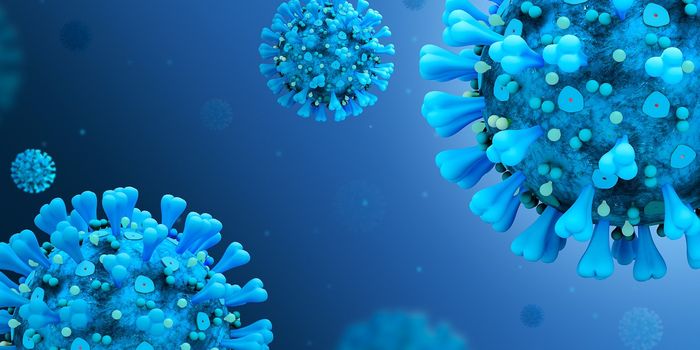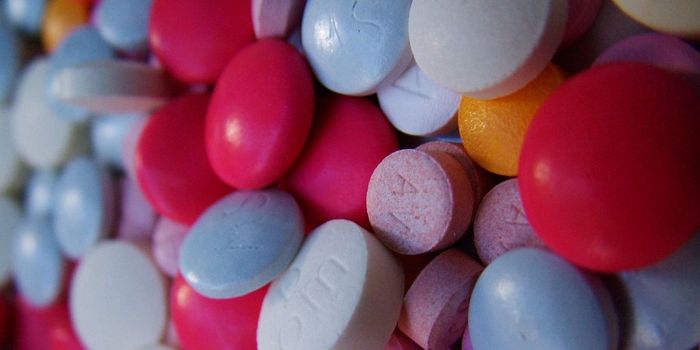Resolvin T4 Found to Reverse Inflammation and Reduce Vascular Disease
Highlights:
- A natural molecule known as Resolvin T4 (RvT4) aids in preventing atherosclerosis.
- RvT4 helps reduce inflammation through the immune system using macrophages.
- The understanding of RvT4 in reduced inflammation and artery blockage provides a better understanding of disease in which these two symptoms are major characteristics, including rheumatoid arthritis (RA) and cardiovascular diseases.
Inflammation is the signature characteristic of arthritis. Quite literally, “arthritis” means swelling or inflammation of a one or more joints. A common diagnosis among older individuals, the primary cause is inconclusive, but the medical community agrees that it is most likely the cause of disease, genetic defect, an injury, or overuse. The major symptoms include joint pain and stiffness. There are many different types of arthritis, which can have varying symptoms and dictate treatment. Two of the most common include osteoarthritis and rheumatoid arthritis (RA).
Osteoarthritis is caused by the deterioration or break down of cartilage. Cartilage is the slick tissue between bones to allow for easy movement. Rheumatoid arthritis occurs when the immune system attacks the joints. There are many different treatments to target arthritis, but the overall goal is to reduce symptoms and improve the patient’s quality of life. Researchers are currently finding new ways to overcome the disease and possibly reverse the effects of inflammation.
Recently an article published in Nature Communications by Dr. Jesmond Dalli and his team found that a natural molecule known as Resolvin T4 (RvT4) reduces inflammation and artery blockage. Dalli is a Professor in Molecular Pharmacology at Queen Mary University of London and Lipid Mediator Unit Director at the William Harvey Research Institute. His work focuses on different molecules that trigger and activate the immune system, and how scientists can leverage these mediators of immunity to combat disease.
Dalli and collaborators demonstrated that RvT4 improves the immune systems response to local inflammation and artery blockage through an immune cell known as macrophages. More specifically, the study found RvT4 to lower blood vessel inflammation through macrophage reprogramming. Macrophages were recorded to release stored lipids which prevented them from clearing dead cells and debris. This incapacitated function resulted in inflammation and blocked arteries. RvT4 was found to restore macrophage function through mediation of lipid release. Additionally, the administration of RvT4 also lowered metabolic dysfunction thought to exacerbate vascular disease in RA patients. These findings implicate RvT4 in many different inflammatory diseases and provides exciting data that could lead to improved therapeutic treatments for arthritis and cardiovascular disease patients.
Overall, Dalli and his team discovered the critical role RvT4 has in macrophage reprogramming and the restorative effect it has on macrophages to reduce blood vessel inflammation and artery blockage. Researchers clearly demonstrate that the loss of RvT4 is a potential cause of blood vessel inflammation and provides a mechanistic understanding of important diseases, such as RA. These findings for the first time provide the potential for a therapy to overcome arthritis and better moderate cardiovascular disease in patients.
Article, Nature Communications, Jesmond Dalli, Queen Mary University of London, William Harvey Research Institute








